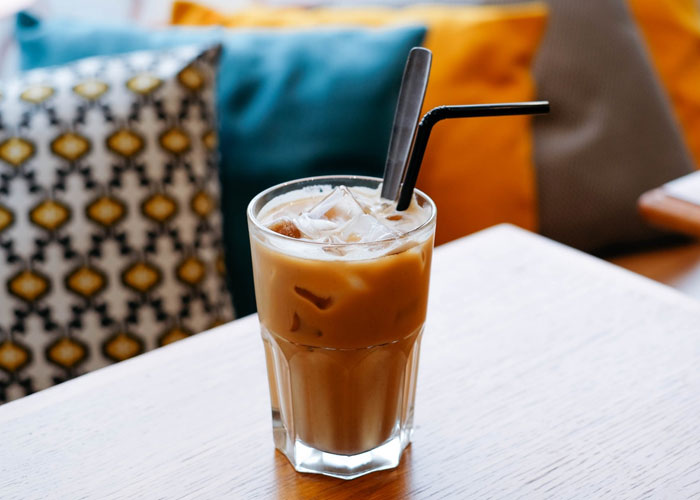Eliminating Plastic Drinking Straws and the Coffee Business

As part of a growing effort to protect the environment, socially conscious corporations and state governments alike are currently targeting plastic straws for reduction or elimination. Plastic straws are mass-produced and rarely recycled, meaning they can stay in the environment for centuries. And this is merely the beginning of the issue.
In 2017, Americans used close to 400 million straws every day. Making matters even more grave, it takes up to 200 years for a plastic straw to decompose, and a million seabirds die every year from eating plastic. Clearly, plastic straws are a problem that needs to be addressed, and many places are doing just that.
The coffee industry is no exception when it comes to businesses that are being affected by the new consciousness around plastic drinking straws – after all, in many establishments, plastic straws are routinely served with a cup of coffee, where they’re used as stir-sticks.
One example of the new environmentally conscious approach to straws can be seen in the state of California, where restaurants are prohibited from giving out plastic straws with beverages, unless they are specifically requested by the customer.
Coffee and Straw Elimination
Since the restriction does not apply to fast-food restaurants or take-out coffee shops, you may wonder how this ban or others like it would affect your coffee consumption. Your answer comes in the fact that both McDonalds and Starbucks, two of the largest suppliers of to-go coffee and distributors of plastic straws, have promised to phase out plastic straws by 2020.
Because cold brew and other cold coffee beverages have experienced a wild resurgence in popularity, the plan to phase out plastic straws to protect the environment, while noble, presents a problem for the coffee sellers and their customers. Cold beverages now represent half of Starbucks’ sales.
At Starbucks, the solution looks to come in the form of a special lid that essentially makes your Starbucks drink receptacle into an adult “sippy cup.” Starbucks is confident that the new cup will catch on with their consumers, many of whom are environmentally conscious, but there will be paper straws or straws made from some other kind of sustainable material available for Frappuccinos by request.
McDonald’s is taking this commitment to sustainability to another level. Not only will all their straws be paper or made of some other sustainable material, but their stated goal is that all their packaging will be sustainable by 2025, as well.
How Will Straw Elimination Affect Your Coffee Drinking?
While drinking from a paper straw or a special lid may take some getting used to, the flavor of the coffee itself is not altered in any way, so the actual taste of your coffee should not be affected, and you’ll still be able to enjoy your coffee on the go.
The biggest change will probably be the good feeling that coffee drinkers will get, knowing that their dining-out coffee drinking is having a reduced effect on the overall environment. Since many coffee drinkers, especially Millennials, tend to be very environmentally conscious, this could be a huge benefit.
Commitment to the environment is also why The Exotic Bean gets all its coffee from the Paradise Mountain organic coffee farms of Thailand. You know that whenever you order coffee from The Exotic Bean, you’re getting coffee that is not only delicious, but also the most sustainable coffee in the world. It is shade grown and USDA-certified organic. On top of all that, it is also direct trade, with the welfare of the growers, harvesters, and everyone along the supply chain always kept front of mind.
To learn more about how different sustainability efforts relate to coffee or to order sustainable coffee you’re sure to love, keep visiting The Exotic Bean.
